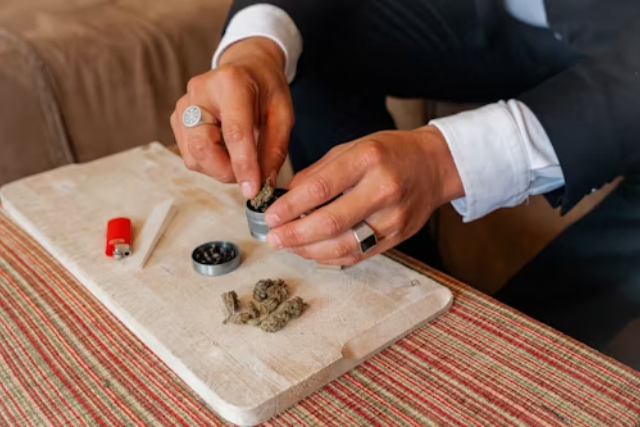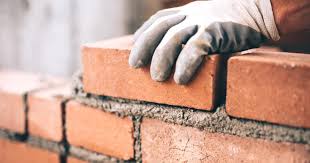
SACRAMENTO, Calif. — California’s new protections for employees who use marijuana off the clock come with a major carve-out for the state’s massive construction sector — a detail that employers, unions and contractors alike need to understand as AB 2188 takes full effect.

Under AB 2188, which added Section 12954 to the Government Code in 2024, most California employers are prohibited from discriminating against employees or job applicants simply because they use marijuana outside of work. But the law includes specific carve-outs for certain industries, notably “the building and construction trades.”
The benefit of this exemption is clear: construction employers in California may continue using urine drug tests for marijuana, and they may still take adverse action — like refusing to hire or firing — if an applicant or employee tests positive.
While other employers must now ensure their tests detect only the “psychoactive” components that signal current impairment — something urine tests do not do — construction companies don’t have to worry about whether their tests measure current impairment or just past use.
The earlier version of AB 2188 spelled out the exemption in more detail, describing it as covering “an employee performing work associated with construction, including work involving alteration, demolition, building, excavation, renovation, remodeling, maintenance, improvement, or repair work, [or] a person licensed under the Contractors State License Law.” Though the final version shortens this to “employees in the building and construction trades,” that original language shows the broad range of roles lawmakers intended to cover.

California isn’t alone in navigating tricky new cannabis protections for workers. As marijuana legalization spreads, state and local laws are rapidly evolving — and they don’t always line up:
“Employers that operate in multiple states must review all applicable marijuana laws to ensure compliance,” the article notes, adding that companies should consult legal counsel to navigate conflicts between federal drug rules, state protections and local ordinances.
what tests actually detect only the “psychoactive” components of marijuana? California courts have yet to answer this key question, leaving employers who don’t fall within an exemption to make their own calls about which tests comply with the new law.
For now, construction employers have clear direction: they may continue using traditional urine drug tests and take adverse employment action based on positive results. But companies in other industries — especially multistate employers with operations in places like New York or New Jersey — must tread carefully to avoid lawsuits or regulatory penalties tied to outdated testing practices.
Employers are encouraged to review their policies, retrain managers, and seek legal advice as cannabis protections expand. While AB 2188 gives the construction sector a practical exemption, it’s also a reminder that the intersection of cannabis law and workplace safety will remain a legal hot spot for years to come.
Originally reported by Eric S. Clark, Kathryn J. Russo & John A. Snyder in Jackson Lewis.